
Toddler’s Appetite
You will notice changes in your baby's appetite when passing from a stage to another. What to do? How to deal with the current situation? Learn more
Toddler’s Appetite
Is it normal for my toddler to eat less than she did when she was an infant?
Because growth slows after the first birthday, it is normal for a toddler's appetite to decrease.
Why does her appetite vary so much day to day?
Because toddlers are eager to demonstrate their newly acquired language and motor skills, they often get distracted at mealtimes. As a result, the amount of food your child ingests may vary from large one day to little the next. This is normal.
My toddler used to love bananas - now she won't touch them. What happened?
Food preferences vary from child to child and can even vary from day to day. Favorite foods may be requested for every meal for a week and then refused the following week. Although frustrating for parents, changing preferences are normal.
How much does my toddler have to eat each day?
Although the average toddler needs about 1,000 calories a day, you don't have to worry about counting her calories. Your toddler is naturally programmed to eat as much as her body needs.
Research has shown that even though intake at individual meals may vary, total daily consumption stays fairly constant.
Instead of worrying about how much your toddler eats, focus on what she eats. She's relying on you to provide a complete range of healthy foods so that she can have a well-balanced diet.
Related articles

Grammar 101: Developing Language Skills
When your child is 3 to 5 years old, her language skills are developing incredibly fast.

Speeding Things Up: Managing a running toddler
Your toddler will start running sometime between 18 and 24 months, but every child develops at his own pace.

Helping Your Child Express Feelings Through Play
Toddler are at the age when they discover something new and strange: feelings.

Getting Your Toddler To Follow Directions
When your toddler turns 18 months, his thinking skills begin to change drastically.

How Parenting Can Lead to Your Baby’s Future Success
Every parent has big dreams for their child, and mothers want to make sure they give their children the best chance for success, health, and an amazing future.
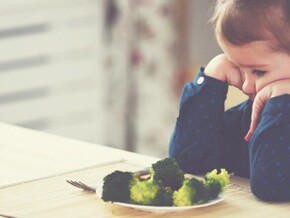
Why is my preschooler not getting the proper nutrients?
Meeting a young child’s nutrient requirements can seem like a real battle at times.
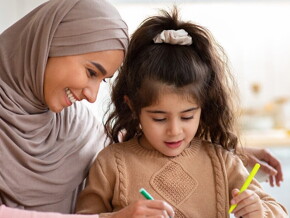
Bridging Minds to Stimulate Brain Development of Your Child
Bridging minds is about being able to get out of your own thoughts, to recognize and respond to what is going on in your child’s head.
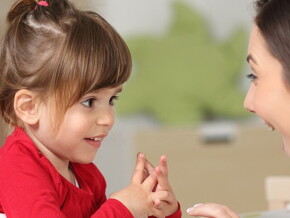
Teaching Your Preschooler About Emotions
Preschoolers go through many many emotions every day, and you can help them interpret their feeling and support them in dealing with them.
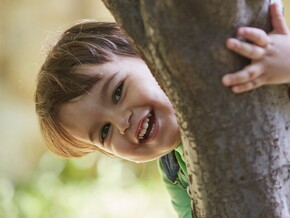
Looking for Evidence – Understanding Children’s Behaviours
How often, whether at home or in public do we see our children acting up, behaving in ways that make our jaws drop to the ground wondering whether this is really happening?

Cognitive development - what is it all about anyway?
What do you think is the most important part of a child’s development? Is it their physical development? Or perhaps their language development?
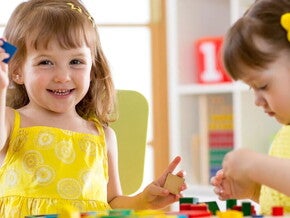
21 month old toddler development
Asses your 21 month old toddler's growth development from physical characteristics to visual & motor development along with social and emotional behaviors.
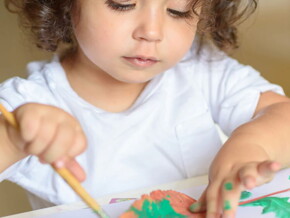
22 month old toddler development
Asses your 22 month old toddler's growth development from physical characteristics to visual & motor development along with social and emotional behaviors.
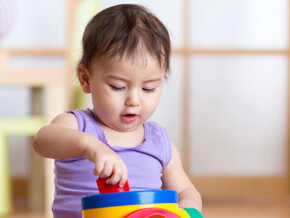
23 month old toddler development
Asses your 23 month old toddler's growth development from physical characteristics to visual & motor development along with social and emotional behaviors.

24 month old toddler development
Asses your 24 month old toddler's growth development from physical characteristics to visual & motor development along with social and emotional behaviors.

25 month old toddler development
Asses your 25 month old toddler's growth development from physical characteristics to visual & motor development along with social and emotional behaviors.
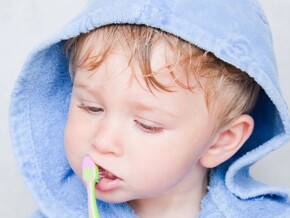
26 Month Old Milestones
Asses your 26 month old toddler's growth development from physical characteristics to visual & motor development along with social and emotional behaviors.

27 month old toddler development
Asses your 27 month old toddler's growth development from physical characteristics to visual & motor development along with social and emotional behaviors.
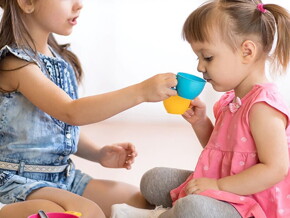
28 month old toddler development
Asses your 28 month old toddler's growth development from physical characteristics to visual & motor development along with social and emotional behaviors.

29 Month Old Milestones
Asses your 29 months old growth development from physical characteristics to visual & motor development along with social and emotional behaviors.